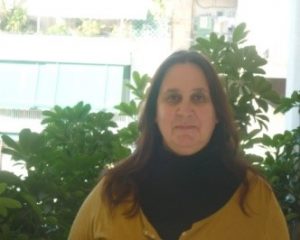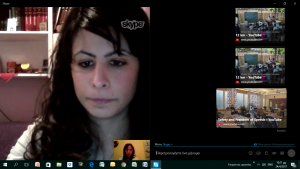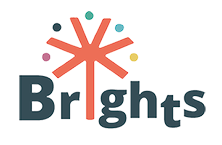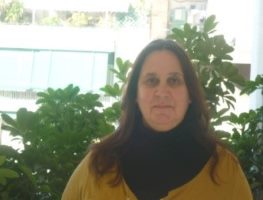In Greece the researchers of the Daissy Group (HOU) have already completed most of the interviews both with experts and teachers/trainers. We have already visited Koinoniko Polykentro the research and training institute of ADEDY (Greek Civil Service Confederation), which represents over 450.000 employees in the public sector. Its activities include research, education and training. The Institute supports union members and employees of the public sector with training programs on Health and Safety at workplace, issues of discrimination and diversity at work, managing conflict in the workplace etc.
The researchers of our team interviewed experts from the academic society having significant research experience and involvement in projects about Education, Active Citizenship, Awareness, Re-training and Upscaling of Teachers, Cross-Cultural Psychology, Integration, Gender Equality and Human Rights in Education. These experts are in close collaboration with the Center for Cross-Cultural Psychology and the Centre of Cross-Cultural Education, operating within the Faculty of Philosophy of the University of Athens. It is important to be noted here that a great number of the teachers working in primary and secondary education in Greece are graduates and post-graduates of the Departments in the Faculty of Philosophy, University of Athens.
Interviews have also been conducted in KETHEA Mosaic Centre. KETHEA seeks to facilitate the social integration of migrants and refugees and in particular drug addicts. The Centre offers individual and group counselling, motivation, family support, education, legal advice, help with entering employment, health care, and referrals to health networks and welfare services. Moreover, we have interviewed the George & Ekaterini Hantzikosta–Youth Education and Care Services (link), the oldest foundation in Greece that for 160 consecutive years offers hospitality, nursing, upbringing and education for children and youth in need aged from 6 to 18 years old.
In the focus group the Daissy Group organised, we interviewed teachers and school counselors in Special Needs Education.
We also had the opportunity to interview teachers and trainers with many years of experience in the fields of youth education. In our selection process we focused on professionals working with youth in the risk of marginalization, youth with special needs, young people coming from disadvantaged areas or with a drug abuse past (in contexts such as Social Frontistirion, Special Needs Schools, Rehab youth centers, Youth Hostels for youth and children from vulnerable groups etc.) The interviews are still in progress hopefully providing us with more research data.
Quotes from the interviewees on GCE using Digital Storytelling:
“Most teachers in Greece are not trained to handle such contemporary issues in the class and might transfer the wrong messages to the children; it is very important that we will be responsibly informed and trained. I would be the first to attend a MOOC training.”, Panagiotis Porikis, Chemistry Teacher-Facilitator in Youth Hostel for children and youth in need.
 “GCE will plant the seed necessary for global citizen culture to flourish.”, Ioanna Tagara, Trainers’ Trainer in Adults Education.
“GCE will plant the seed necessary for global citizen culture to flourish.”, Ioanna Tagara, Trainers’ Trainer in Adults Education.
 “It is my wish all objectives of BRIGHTS to be realized.”, Vassiliki Paizi, Teacher in Social Frontistirion for youths from vulnerable groups and in the risk of marginalization.
“It is my wish all objectives of BRIGHTS to be realized.”, Vassiliki Paizi, Teacher in Social Frontistirion for youths from vulnerable groups and in the risk of marginalization.
“GCE is a matter of sustainable development overall. A global citizen of the 21st century should be aware of all dimensions of sustainable development as described in BRIGHTS and understand them as a whole, because this is what they are afterall.”, Natasha Pentagioti, PhD Candidate in International Law for the Environment and Sustainable Development.

